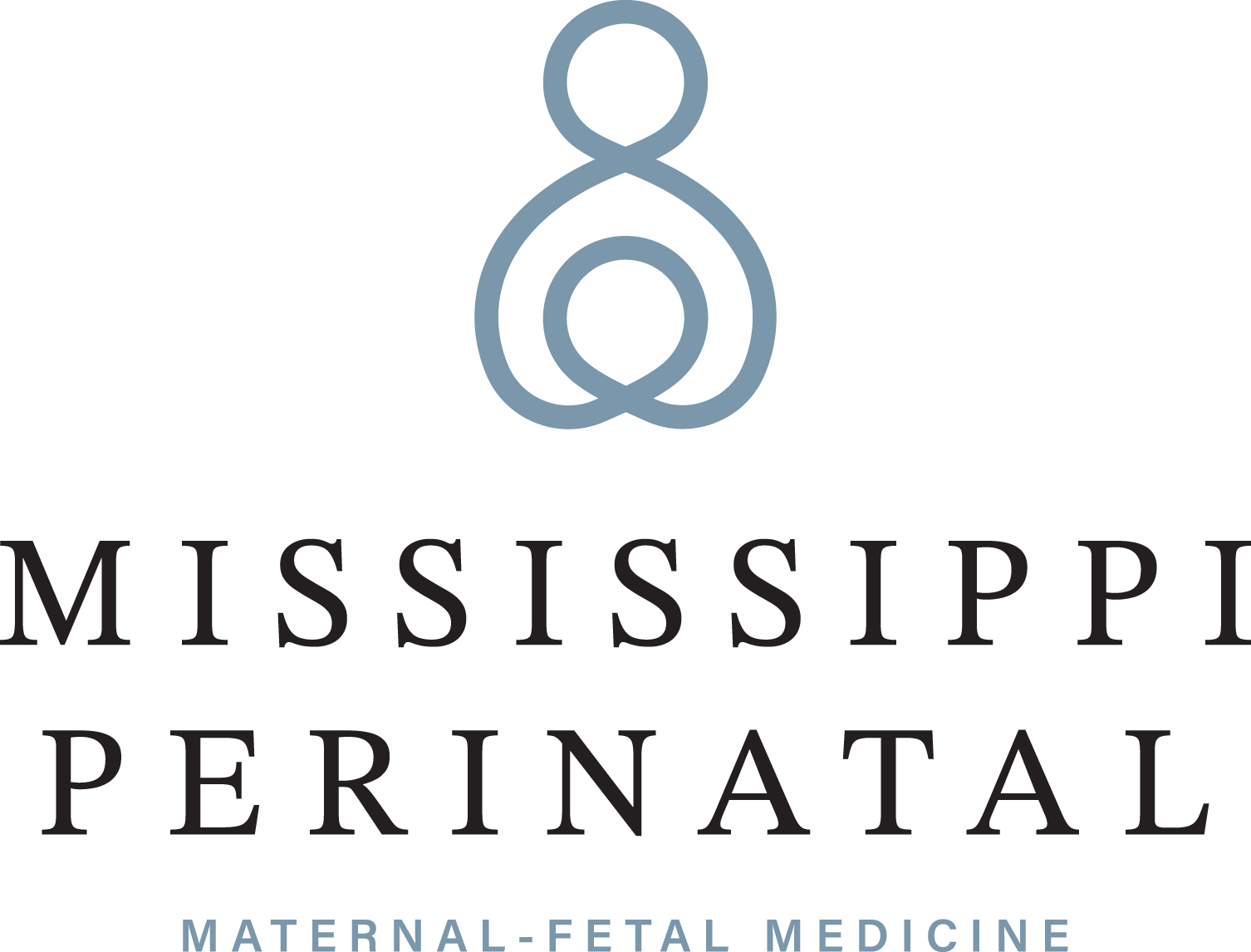Frequently asked questions
What is Maternal-Fetal Medicine, or MFM?
Maternal-Fetal Medicine, also known as Perinatology, is a subspecialty of OBGYN that involves
the care of women with high-risk pregnancies. Pregnancies can be high risk for a number of
reasons including maternal medical conditions or complications, fetal abnormalities or issues,
or both.
What training do the doctors have?
Maternal-Fetal Medicine physicians have completed a four-year residency in Obstetrics and
Gynecology and an additional three year fellowship including further specialized education and
clinical experience in taking care of high-risk pregnant women and babies. Obtaining expertise
in fetal ultrasound is a significant focus of this additional training. Our specialists are highly
skilled in prenatal ultrasound, further enhancing their performance in prenatal diagnosis and
management.
What should I expect at my visit?
All patients who are pregnant will have an ultrasound performed. Your gestational age will determine what type of ultrasound you will have. Your ultrasound will be performed by one of our highly-skilled sonographers and often our physicians will scan during your consultation as well.
If you are having an anatomy scan performed between 17-22 weeks, you will also have a transvaginal ultrasound performed, unless you choose to opt out.
What does your team consist of?
Our team consists of two Maternal-Fetal Medicine physicians that provide consultation for
and/or partner with obstetricians in the care of pregnant patients before and during their
pregnancy. We also have a full-time pharmacist who is certified in diabetes education who
assists with management of our patients with pre-existing or gestational diabetes. Additionally
sonographers and nurses are a vital part of our team providing care in our practice. We work
closely with a variety of adult and pediatric specialists to optimize both maternal and neonatal
outcomes.
Why should I see an MFM?
Maternal-Fetal Medicine physicians manage both mother and fetus at the same time. There are
many reasons a patient should see an MFM. Maternal indications include issues like diabetes, high blood pressure, obesity, and other chronic medical conditions. Fetal indications include
things like birth defects, suboptimal anatomy on prenatal ultrasound, fetal growth
abnormalities, advanced maternal age, and multiple gestations such as twin or triplet
pregnancies.
What is your philosophy to patient care?
Our goal is to provide comprehensive maternal and fetal care in a comfortable, patient-
centered and family-friendly environment. At Mississippi Perinatal, we strive to treat all of our
patients like our own family members. Through our expertise, compassionate care, and
advanced technology, we strive to provide the best care possible while fostering a relationship
between our team, our patients and their families and our referring providers.
